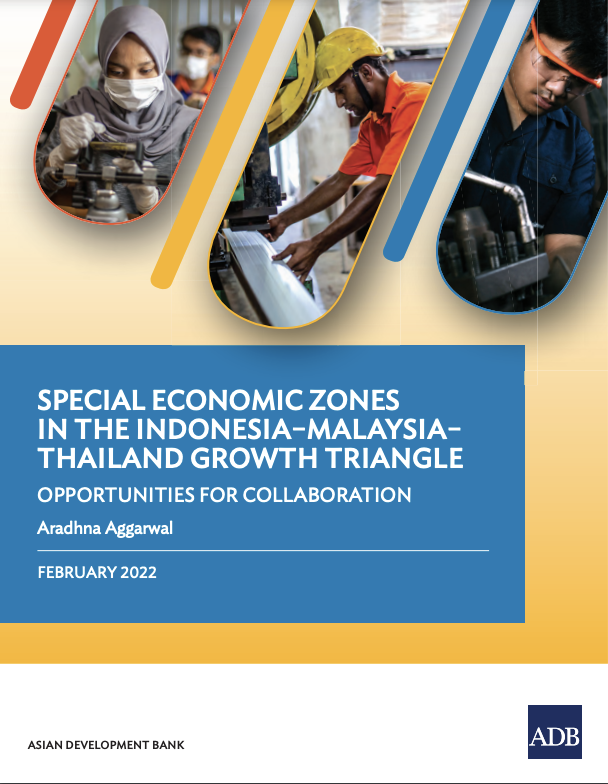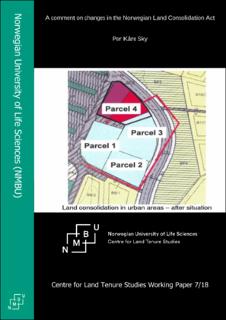Vision to Action for agroecological transitions in the living landscapes: A cross-country progress report on methodological approaches, 2023 results, and way forward
The Agroecology Initiative (AEI) aims to contribute to achieving Agroecological Transitions (AET) through developing and scaling a range of innovations (technical, social, economic, and political) in 8 countries across three continents. It proposes to do so by using a participatory action-research approach involving the key stakeholders of the Agroecological Living Landscapes (ALLs), multi-stakeholder territorial spaces in each country on which the Initiative targets its transformation and innovation efforts.





